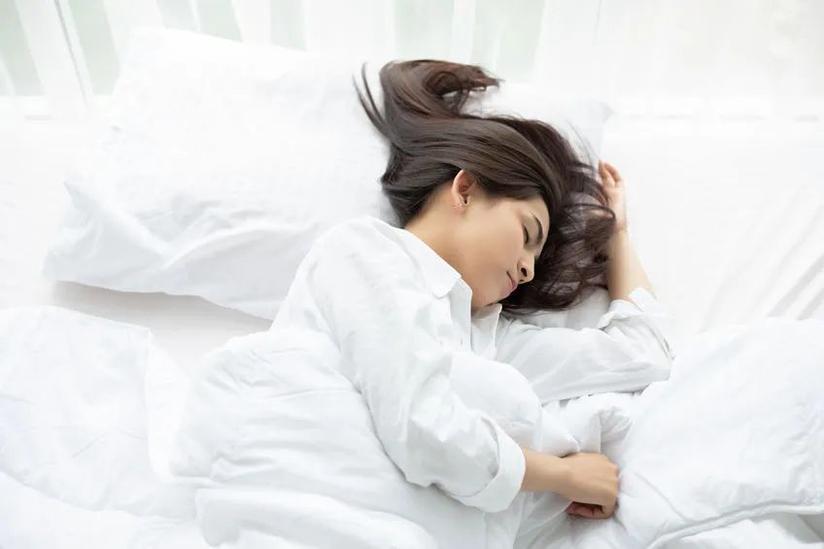Get to Know the Five Stages of Sleep | Part 2

In this ongoing blog series, I’m exploring the stages of sleep in detail. In the first sleep stages blog, we took a look at the waking mind. This time, we’ll take a glance at each of the five sleep stages as an overview… next time we’ll start to get into the fine points of each sleep stage.
Most sleep researchers divide sleep into five stages. The body experiences each of these five stages more than once each night. The five stages are:
- Stage 1: The brain experiences theta brainwaves during stage 1 sleep. Theta brainwaves are slower and broader than alpha waves. The transition from awake relaxation to stage 1 sleep is so gradual that many people who are woken after experiencing the theta stage of sleep will report never having been asleep at all.
- Stage 2: The second stage is also a light sleep characterized by theta brainwaves, but these are now interspersed by two sleep phenomena in the brain called sleep spindles and k-complexes. We’ll discuss these in more detail next time; the ways they affect sleep, waking, and bodily functions are complex.
- Stages 3 and 4: Both the third and fourth stages of deeper sleep are characterized by delta brain waves. In stage 3, less than half of the brain’s waves are slow, deep delta waves. In stage four, more than half of the brain’s waves are delta waves. It’s an arbitrary division that lets sleep researchers tell just how deep your deep sleep is.
- Stage 5: The fifth and final sleep stage is called Rapid Eye Movement, or REM, sleep. This is the phase in which most vivid dreaming occurs. It’s the most difficult stage to be woken from externally, but the easiest stage to wake from yourself.
The brain cycles between the stages of sleep several times during the night, spending more time in the REM phase with each successive cycle. Younger people spend more time in REM sleep than older individuals, according to MSU’s “Summary: Normal Sleep Patterns and Sleep Disorders.” Overall, people who sleep longer hours spend more time in REM sleep—and the more you can maximize your deep and REM sleep stages at night, the more alert and balanced you’ll feel during the day.
Author Bio: +Michelle Gordon is a sleep expert who researches and writes about sleep and health, and is an online publisher for the latex mattress specialist Latexmattress.org.


